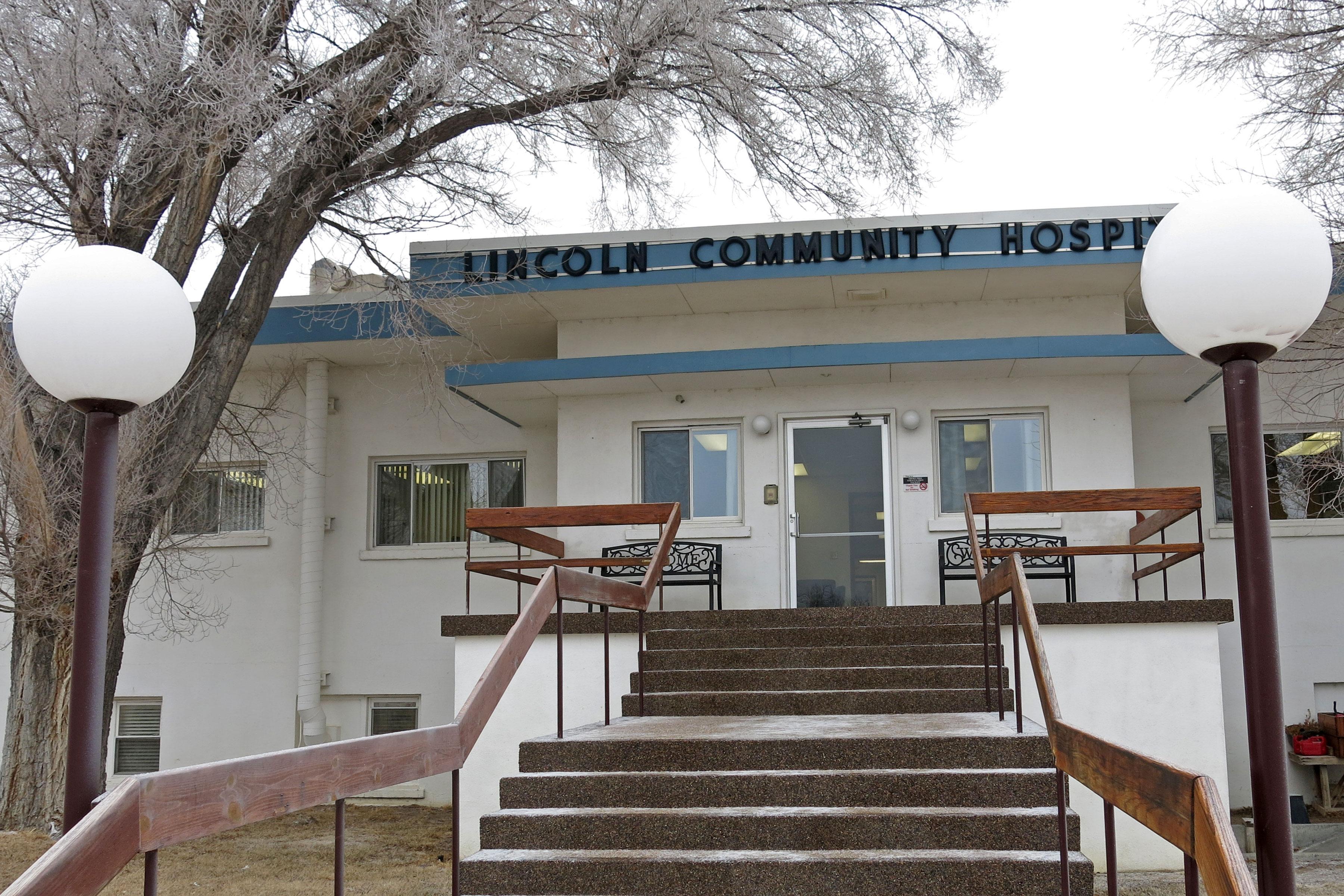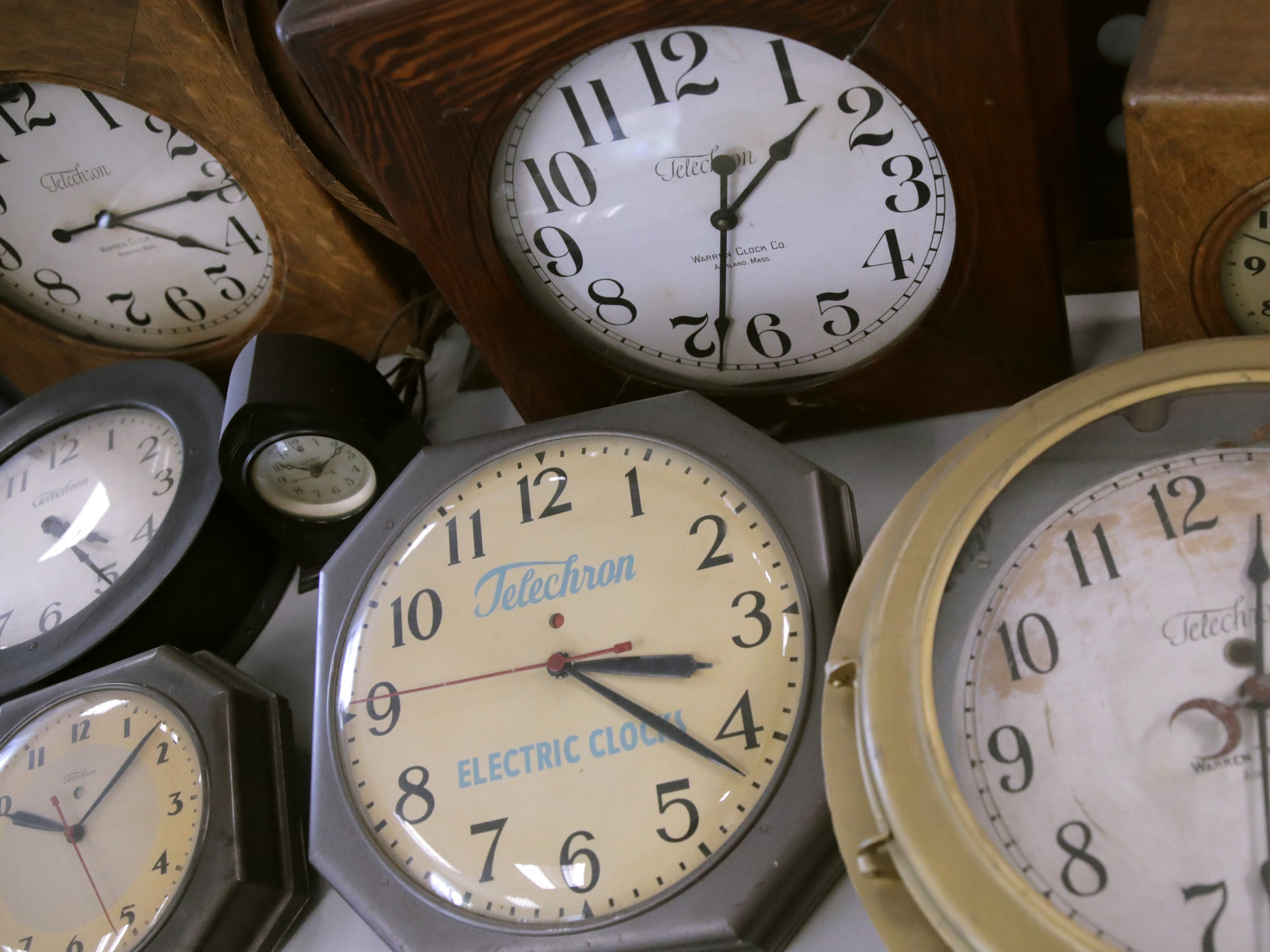
Gov. John Hickenlooper recently said the home explosion in Firestone that killed two people was a "freak accident." But a new study by the Colorado School of Public Health indicates that accidents like this may not be so uncommon.
"What I would tell people is read your deed carefully and be aware of what's going on around you," said John Adgate about the need for families moving into areas with oil and gas developments to do due diligence. "What happened in Firestone had to do with a flow line being cut and that, I don’t know the frequency of that happening. As the governor said, he considered it a freak accident. My message would be that accidents happen and we need to manage the risks as best we can."
Adgate chairs the Department of Environmental and Occupational Health at the School of Public Health, located at the CU Anschutz School of Medicine. He was a co-author of the study.
Published in the July issue of the journal Energy Research and Social Sciences, the report says there were at least 116 fires and explosions at oil and gas operations in the state in a 10-year period between 2006-2015. With about 53,000 active oil and gas wells in Colorado, that comes out to about 0.03 reported incidents over the course of the study. Adgate says, however, there are questions about the reporting that takes place.
For example, according to Colorado Oil and Gas Conservation Commission rules, which differ from other states, Colorado requires self-reporting only of fires or explosions that have caused harm “to a member of the general public which requires medical treatment” or “significant damage to equipment or well site.”
In 42 percent of the cases studied, Adgate said, the cause of the incidents were unclear, unspecified or still under investigation.
Adgate spoke with Colorado Matters host Ryan Warner.
Read the Transcript:
Ryan Warner: This is Colorado Matters from CPR News. I'm Ryan Warner. There's a lot we still don't know about that deadly home explosion linked to oil and gas development in northeast Colorado in April. Like just how unusual it was. Governor John Hickenlooper told us this recently. Governor John Hickenlooper: I am still of the opinion that this was a freak occurrence. That there's not a likelihood of a similar situation anywhere in the state. I'm not aware of this kind of explosion ever happening, not just in Colorado but anywhere in the West. RW: But a new study shows that accidents like this aren't as uncommon as you might think. With me is John Adgate, he chairs Environmental and Occupational Health at the Colorado School of Public Health, that's at the CU Anschutz Medical Campus. Welcome to the program. John Adgate: Thanks Ryan. RW: What did you find when you looked at accidents, fires and explosions in particular, between 2006 and 2015? JA: Well our team looked at the available data that we could get from the Colorado Oil & Gas Conservation Commission. We also got some data from the state of Utah so we could do a comparative analysis. And what we found over the last ten years, there were 116 fires and explosions reported in Colorado. Now they're not all of equal severity but the rate that we saw based on a per well basis was less than half of what they see in Utah so there's clearly some issues how fires and explosions are reported. Obviously some of them are more serious than others. RW: Because you look at the rate in Utah, which is, I think, almost twice as high, and you say, hmm, are there really that big of differences between the rates of incidence or is there a reporting difference. We're going to talk a little bit more about that in a bit. But can you say how many of these 116 or so are deadly? JA: You really can't because the data, the way the data reported, it's hard to tell essentially and there's a limited reporting period. So what people are obligated to do is file within ten days and so as a consequence, a lot of the accidents and incidents, i.e. fires and explosions, the reason for them is not clear. Now there are, there is somebody supposed to report when somebody from the general public is, requires medical attention or there is damage to equipment but that leaves a lot to the operator's discretion on how reporting happens. RW: That is to say if a worker is injured or killed, that wouldn't necessarily have to be reported, it's if a non-worker member of the public is injured. JA: Correct. I mean accidents and injuries to workers get reported to OSHA so that's a different reporting system. But the COGCC, the Oil & Gas Conservation Commission, these are their rules and the data that we got to kind of get this rate in Colorado came from their records. RW: You were able to glean the causes of some of these explosions in some cases. You find about 20% are equipment failure, 14% are lightning strikes, that's interesting, sort of an act of nature there. Operator error in about 9%. And as you say this data comes from the state. As of April there were approximately 53,000 active oil and gas wells in Colorado. That number also from the COGCC. You say incidents were reported at .03% of those wells over this time period and that it was much higher in Utah. Would you still then consider these freak occurrences? That's how the governor has described what happened in Weld County. JA: Well what happened in Firestone is a tragedy, clearly. And you know we could not glean the severity of the events from the records that were available to us. We had a process where we downloaded these off the COGCC website and read through them and evaluated them for accident, to get the accident rate because there really was nothing out there, even on that. So when you get to severity, it was, we didn't even get into that. That's sort of the next analysis just because we can't tell. RW: I will say that before your study, in 2005, a double-wide trailer exploded in La Plata County, that was traced to methane leaking from an abandoned well. Two years later in Trinidad, a house that was under construction exploded, also because of a methane leak from an abandoned well. That comes from the public media reporting group, Inside Energy. And of course there was another accident just last week, an oil tank battery exploded in Mead. One person died, three others were injured. Why did you decide to take a look at this? JA: Well we're part of a larger research network funded by the National Science Foundation and we were interested in knowing what catastrophic risk rate was and we couldn't really find anything on it. The State… RW: Was Firestone the trigger for this? JA: No, no. We've been working on this more than a year. It's happenstance that the paper came out right after Firestone actually. I mean Dr. Ben Blair, who led this analysis started reading through all these reports more than a year ago. RW: And I know that one impetus for this is the fact that there are more and more housing, houses popping up near, existing wells and lines. JA: Yeah and that's actually one of our points, I think, when we think about this. I mean we have sort of three recommendations that come out the paper. One is more standardized reporting and more mandatory reporting of what's going on over a little longer time period so you could tell what happens. And also that the data gets a little more available. I mean we had to develop a specialized web script to download these off of the COGCC website. RW: You're saying it's not exactly consumer friendly. jA: Yeah it's not consumer friendly at all. So helping make the whole, all the data more transparent I think would be a, I think important next step. Particularly since you're increasingly seeing these larger, multi-well pads which are, these are industrial sites and things can go sideways periodically. This is why you have accidents, not just in Colorado but there are accidents that have happened around the country where pieces, things have blown up and pieces have been blown quite some distance from the well pad. RW: Okay. So you recommend mandatory reporting, more easily accessible information and what was the final recommendation? JA: Standardized, I mean standardized reporting. I mean people should report the same things. Utah has a very pro-scribed process and we viewed their data as a little more reliable because there's less left to the discretion of the person reporting. RW: Let's talk about Utah because what you find there is the incidence of explosions and fires is greater and you don’t think that that is necessarily because there are more of them in Utah but that the reporting system is different. So just briefly, how does Colorado differ from Utah? JA: Well it's at the discretion of the operator and the person that has to do the report. And there's also these rules about your, the discretion is around, was there an injury to a member of the general public that required medical treatment is the exact language in the COGCC Rule 602. RW: Good old Rule 602. JA: Yeah, exactly. Or significant damage to a well and equipment. Those are the requirements. So I think people are reading the rules and saying we're following what we're being asked to do, so I understand that. But in terms of being able to inform the public and being able to make informed decisions about this, we can do better. RW: I suppose one question that operators in Colorado might have is have regulations in Utah added extra burden to the industry, does it cost more. These are some of the thoughts that would arise with potentially more regulation or stricter regulations on the Colorado side. JA: Yeah exactly. I don’t know the answer to that question but I think it's' possible and I think it's in the realm of the doable. I know the industry has a position on what they feel is burdensome regulation but you know obviously it's possible to do this in other states, it should be possible to do it here. RW: What would you tell people, especially in areas that are fast-growing, where homes are popping up near oil and gas operations? And I guess the point is you don’t always know. JA: Exactly. I mean you know if the Colorado rate is the same as in Utah for example, the chance is about one in 1500, of there being a reported fire or explosion. RW: One in 1500 wells? JA: Yeah, that's a rate. So what I would tell people is read your deed carefully and be aware of what's going on around you. What happened in Firestone had to do with a flow line being cut and that, I don’t know the frequency of that happening. As the governor said, he considered it a freak accident. My message would be that accidents happen and we need to manage the risks as best we can. RW: There's lots more information you'd like to glean and make available to the public more easily. So a message, I gather, to state leaders in that. Thanks for being with us, John. JA: Thanks for having me. RW: John Adgate chairs the Department of Occupational Health at the Colorado School of Public Health, that's at the CU Anschutz Medical Campus and he joined us to talk about a report on oil and gas explosions in Colorado over about the last ten years. You can find highlights at cprnews.org. This is Colorado Matters from CPR News. |









